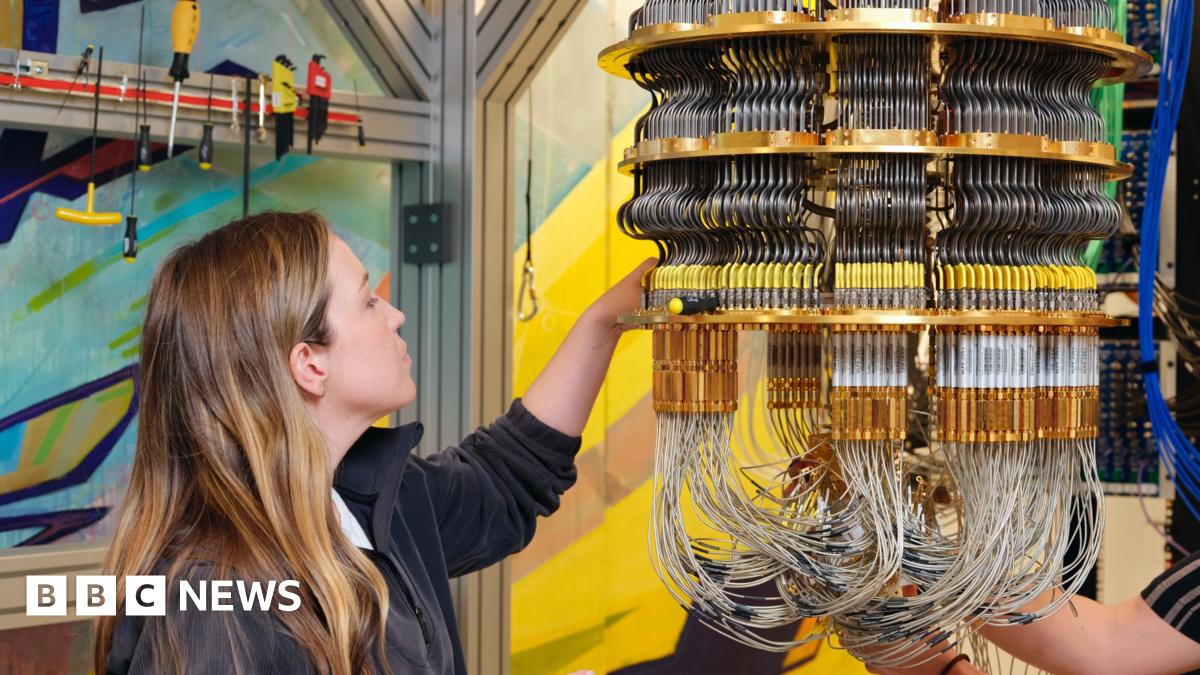Will quantum computers disrupt critical infrastructure?

Twenty five years ago computer programmers were racing to fix the millennium bug amidst fears that it would cause banking systems to crash and planes to fall out of the sky.
Much to everyone’s relief the impact turned out to be minimal.
Today, some fear there is a new critical threat to the world’s digital infrastructure. But this time, we cannot predict exactly when it will move from theory to reality, while the ubiquity of digital technology means fixing the problem is even more complicated.
That’s because the arrival of quantum computing means that many of the encryption algorithms that underpin and secure our hyperconnected world will be trivially easy to crack.
Quantum computing is radically different to the “classical” computing used today. Instead of processing binary bits which exist in one of two states – one or zero, on or off – quantum computing uses qubits, which can exist in multiple states, or superpositions.
“The reason why it’s so powerful is because you’re doing all those possible computations simultaneously,” Prof Nishanth Sastry, director of research for computer science at the University of Surrey, explains. This means it’s “much, much more efficient, much, much more powerful.”
This means quantum systems offer the possibility of solving key problems that are beyond classical computers, is areas such as medical research and materials science, or cracking particularly complex mathematical problems.
Related
Major military infrastructure upgrade completed at Leuchars
Upgraded facilities have been delivered for The Royal Scots Dragoon Guards and 2nd Battalion Royal Electrical and Mechanical Engineers, including refurbished o
UK public EV charge points surpass 75,000 as infrastructure booms
The UK’s electric vehicle (EV) charging infrastructure has hit a significant milestone, with the number of public charge points surpassing 75,000. According t
Infrastructure firm strengthens UK presence with Brierley Hill warehouse |…
National infrastructure service provider MJ Quinn has secured a newly refurbished industrial site in Brierley Hill as part of its ongoing UK ex
UK: Work Begins on New Railway Station in Okehampton
Initial work has begun to build a new railway station in Okehampton, Devon. The new 15 million GBP station, named Okehampton Interchange, will connect We













